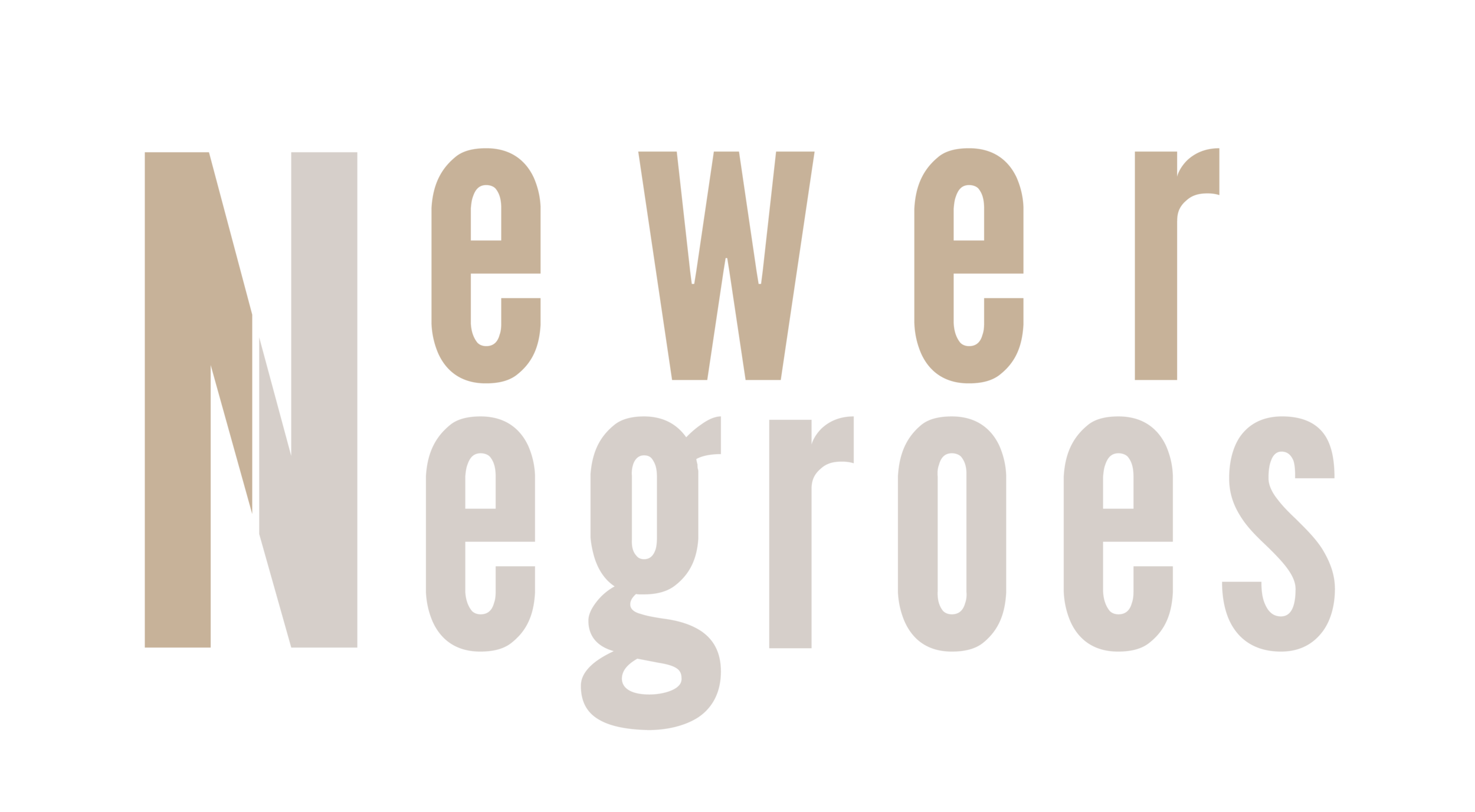Black People, the Movement Needs More Than Your Skepticism

Whether because of self-hate, internalized racism, respectability politics or whatever you want to call it—black folks are often the most critical of other black folks.
At the macro level, there continues to be ongoing tension between civil rights leaders of the past and our current movement full of young activists. And at lower frequencies, many of us who consider ourselves progressive often find ourselves at odds with members of our communities. For many of us who reside in predominately urban spaces, and build relationship largely with other black folks, it is not uncommon for us to endure conversation riddled with anti-blackness and ideas nursed by untrue conservative ideology.
There are black people who believe that more police will make are communities safer.
There are black people who still believe that the chief problem with our welfare system lies in “welfare queens,” siphoning money of the system.
There are black people who believe that we are gunned down in the street and disproportionately punished by the criminal justice system because we are ignorant, violent, and refuse to pull up our pants.
There are black people who believe that women should be silent and subservient to men, and that issues of sexual and domestic violence should take a back seat to violence of cisgender straight black men.
There are black people who still believe that loving same gender relationships are destroying a mythical “black family” that was never here to begin with.
I could go on.
I am used to dealing with my people believing the lies about our own people. But I am growing particularly weary in the midst of this movement. I am seeing my friends and loved ones put their hearts and bodies on the line. Despite some important political wins, they are getting beaten, shamed, mocked, ignored and fighting everyday of their lives for their people. And yet, there are folks standing on the sidelines who contribute nothing to the movement accept their derision and skepticism.
“These protests aren't doing anything.”
“They should be protesting black on black crime!”
“They don’t know what they want!”
“This is not the way we should handle things.”
Instead of offering their support, love, and encouragement, they merely throw spikes of unconstructive criticism. Now, black people are not a monolith, and debate and critique is needed in the efforts of a just and radical liberation movement. In fact, much of this movement is fueled by recognizing the shortcomings of a civil rights movement that ignored the most marginalized black people, like queer folks and women. But at the very least, critique should be true. It should be spurred by an actual commitment to mutual growth and progress. And critique most certainly cannot be your only commitment to the struggle.
Black people have a lot of family business to take care of, and I understand that fighting for my people also means fighting with my people. As someone committed to growth and dialogue, I do not want black people to agree uncritically with each other. That would ultimately become a tyranny of its own. However, I won’t continue to have the same fights, or the same conversations. I will not fight with black people about the facts. I will not argue with black folks armed with nothing but the lies created about us and fueled by our own internalized anti-blackness.
So if you are skeptical of the movement. If you are unsatisfied with the conditions of black people. I urge you to do the work of helping us. But before you do, ask yourself three questions:
1) Do you unapologetically and unequivocally love black people?
2) Do black people have to fit a mold for you to fight for them?
3) Are you contributing more than just your skepticism?
If your answer to any of these questions is “no,” then understand you are on the wrong side of history. We need your love, your labor, your support, your encouragement—leave your anti-black skepticism to the real enemies. We cannot waste time bickering with each other on arguments that have nothing to do with us.
Aaron is a Chicago-based writer, activist, and educator. His work has been featured in Colorlines, Mused Magazine Online, the Feminist Wire, TruthOut.com, the Advocate, the Education Post, and Chicago South Side Weekly. He is currently working on a speculative fiction novel for young adults. Follow him on twitter and Instagram: @Talley_Marked





